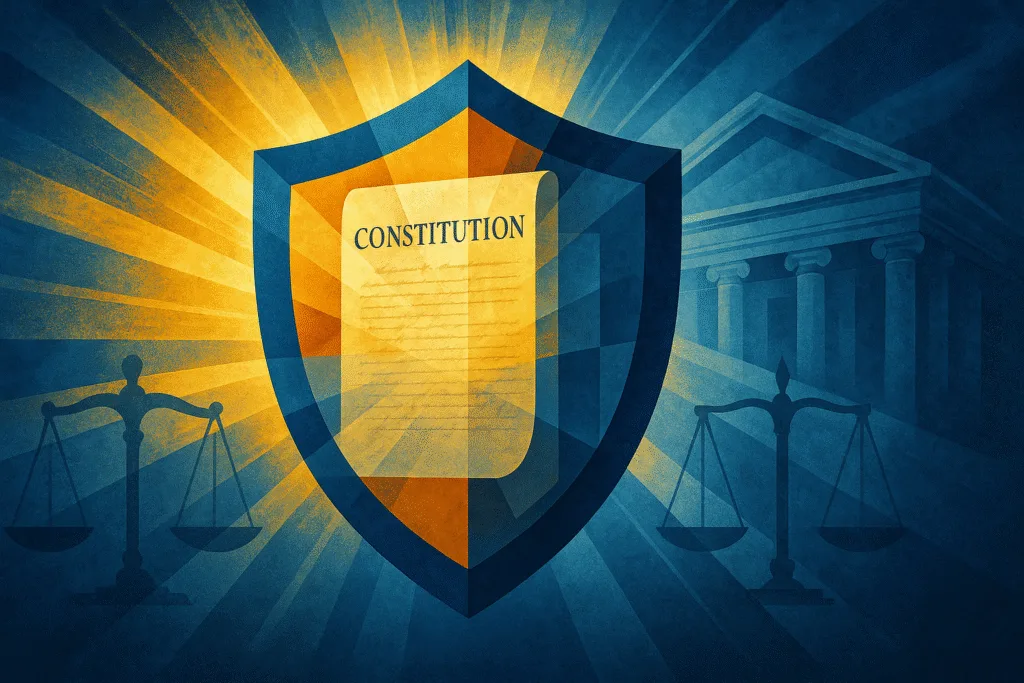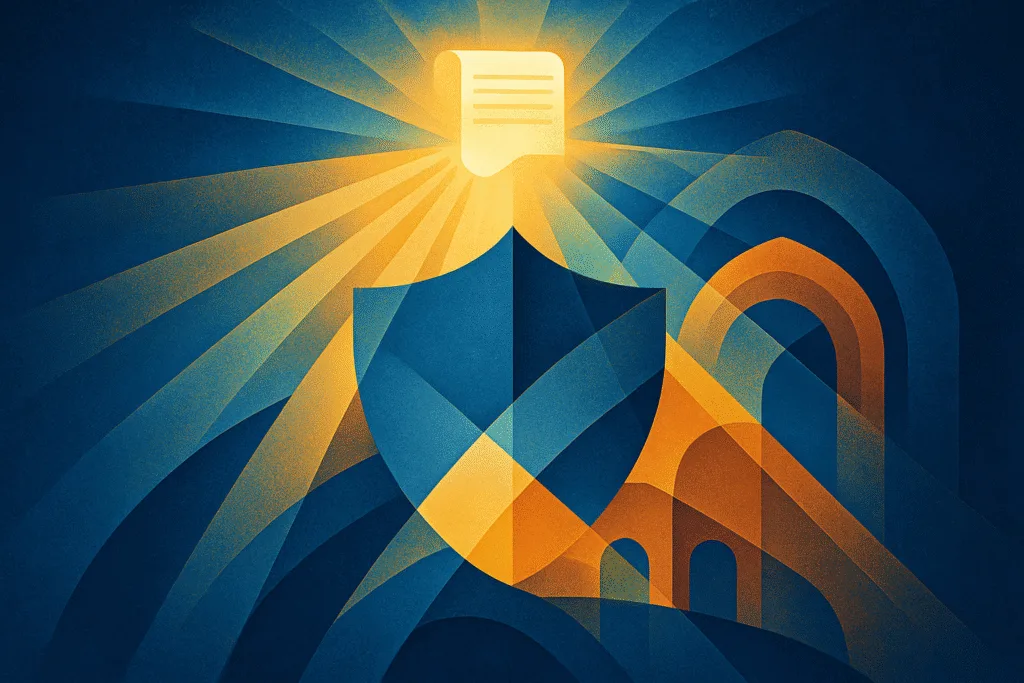
The American Civil Liberties Union (ACLU) is a nonprofit organization founded in 1920 to defend and expand individual rights and liberties under the U.S. Constitution. The ACLU plays a critical role in protecting freedom of speech, religious liberty, due process, and equal protection through litigation, advocacy, and public education. It functions as a powerful watchdog over governmental overreach and civil rights violations, leveraging its legal expertise and national presence to influence real change in American society.
Why Knowing How the ACLU Works Matters
Understanding how the ACLU operates empowers individuals to recognize when their rights are at risk—and what to do about it. Whether you’re facing discrimination, censorship, or other rights violations, the ACLU’s framework provides a pathway to recourse. Additionally, being aware of the organization’s advocacy channels can help citizens proactively support policies that uphold democratic freedoms.
Imagine a high school suspends a student for peacefully organizing a walkout protesting gun violence. The ACLU may step in—not just to help the student, but to set a legal precedent protecting students’ free speech rights nationwide. This real-world impact exemplifies how the ACLU translates constitutional theory into action.

- Founded: 1920, in response to civil liberties threats during the First Red Scare
- Legal Reach: Thousands of court cases annually, from local disputes to Supreme Court battles
- Advocacy Scale: Operates through a network of 50+ state affiliates and a central national office
- Educational Materials: Millions of “Know Your Rights” guides distributed across various formats
The ACLU’s Three-Part Strategy for Defending Your Rights
- Legal Action
The ACLU sues public and private entities that infringe on civil liberties. This includes cases involving unlawful surveillance, suppression of protest, LGBTQ+ discrimination, and immigration abuses. For example, in ACLU v. Reno, they successfully challenged internet censorship provisions that violated the First Amendment. Their legal action often aims for systemic reform, not just individual redress. - Legislative Advocacy
The organization influences policy through lobbying at local, state, and federal levels. Whether it’s supporting voting access legislation or opposing bills that limit reproductive rights, the ACLU provides legal expertise and public pressure to shape legislation. They also draft model bills and help rally public opinion through targeted campaigns. - Public Education
A cornerstone of the ACLU’s approach is ensuring the public knows their rights. Through pamphlets, online resources, and community outreach, the ACLU educates individuals about what they can do during police stops, immigration enforcement actions, school censorship, and more. Their widely used “Know Your Rights” guides are practical tools used in classrooms, workplaces, and rallies across the country.
The ACLU: A Legal Shield for Your Civil Liberties
The ACLU is not just a legal organization; it is a guardian of democracy that uses lawsuits, legislative advocacy, and public education to ensure your rights are protected. Knowing how it operates equips you to stand up for yourself and others. From fighting school censorship to protecting voting rights, the ACLU is often the first—and last—line of defense.
To delve deeper into the ACLU’s mission and explore resources tailored to various civil liberties issues, visit the following: